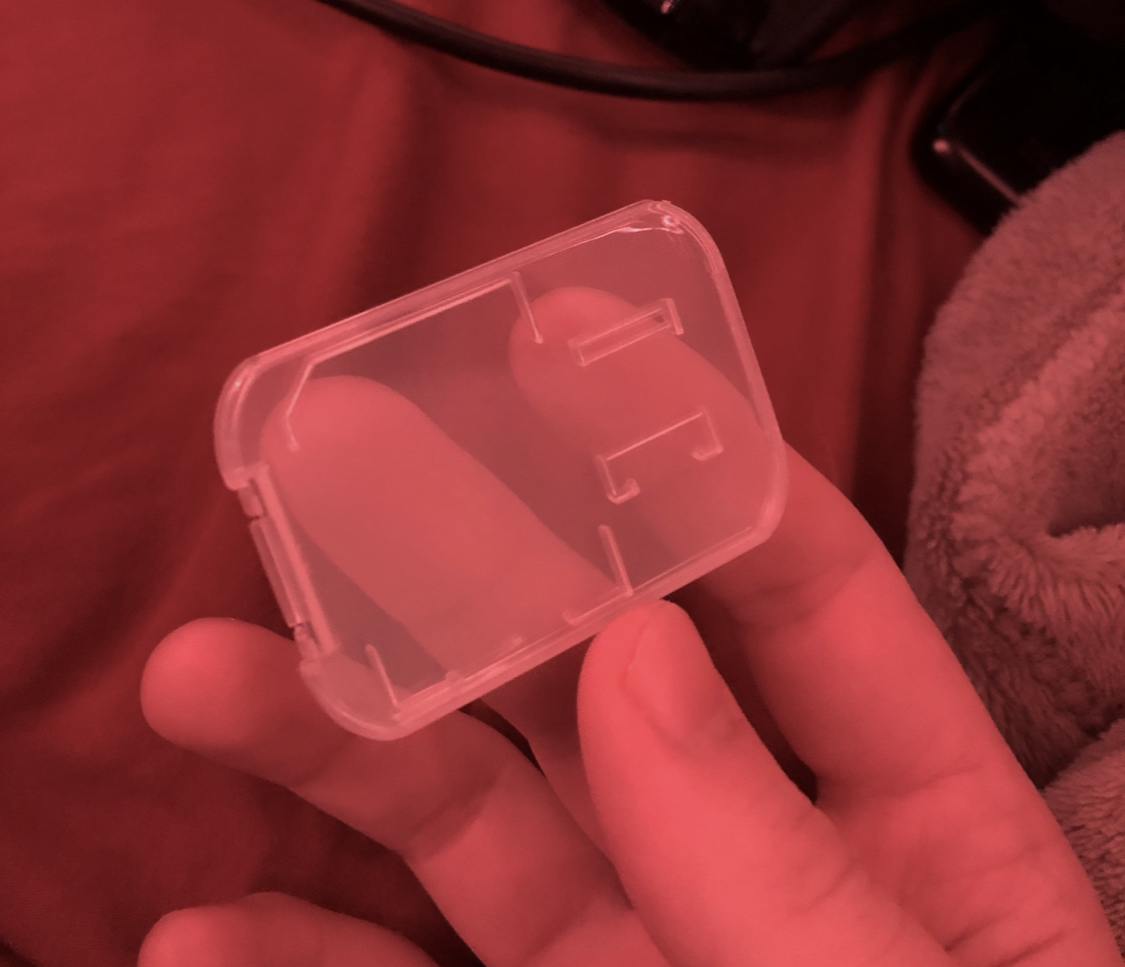My dad is a very eco-centric guy. He got solar panels on our old house, and when we moved to the Amherst area he made sure to pick a house with solar panels. He has a garden where he grows most of our vegetables, a compost bin for compost, and a few bee boxes for honey. He leases his cars, so he gets a new one every 3 years, and the last 4 of them have been electric. Except, this year, when his lease was up, he instead went all out and bought himself his dream car: a Tesla. For such an eco-friendly guy, getting a Tesla seems like, an elaborate practical joke, or something?
Tesla loves to brag about how eco-friendly they are. See: https://www.tesla.com/impact/environment
Lots of data, blah blah blah, electric cars are better for the environment, graphs and charts, etc.
Better for the environment carries such weight to it. Am I helping the environment by using it? No – it really means electric cars are the lesser evil. They say clearly in that report: “Gas cars: 70 tons of CO2e released into the atmosphere; Electric cars: 30 tons of CO2e released, assuming current global grid mix.” And yes. We have plenty of data to show us that it is more a lesser evil than a net “better.” But Tesla’s hypocrisy, in particular, is what people always seem to neglect. Do you know of the other companies Elon owns? Do you know where the profits of Tesla are funneled into? There’s Tesla and newly Twitter, sure, but then there’s SpaceX and the Boring Company. SpaceX, in case you didn’t know, is a rocket and satellite company. Need I tell you how much that emits? But the Boring Company, most famously known for their Flamethrower (more oil?? why??), is just fucked up. His whole “hyper loop” idea? That’s not Tesla. That’s Boring Company.
What do they do at the Boring Company?
They manage and operate tunnel boring machines, which are essentially massive ramrods to destroy rock and make tunnels. The dude hates the environment so much he is literally pummeling it with oil powered crap and then launching oil powered crap off of it and then producing his cars in oil powered crap and then selling them to people like my dad and convincing them that Elon and Tesla’s missions are “dedicated to the environment.”




